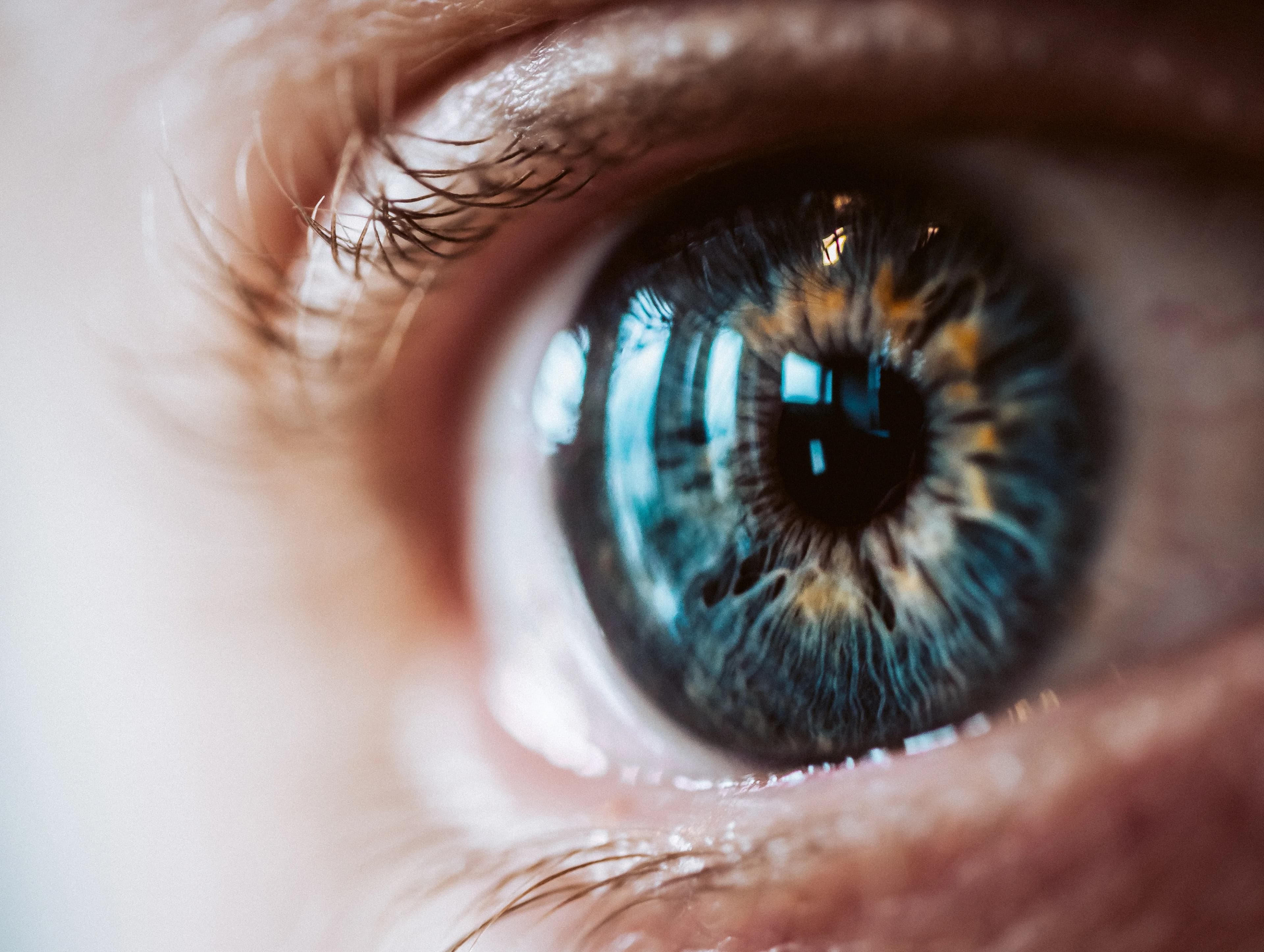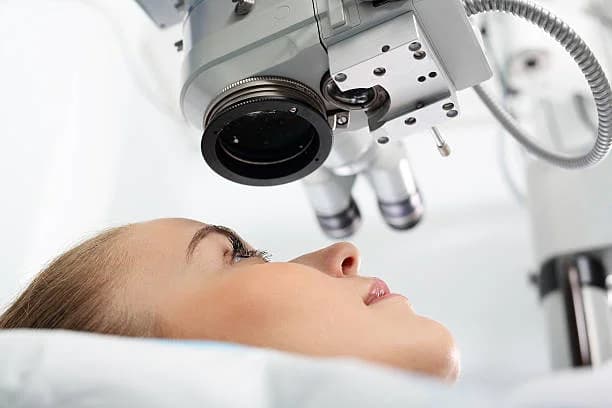LASIK eye surgery is the best-known and most commonly performed laser refractive surgery to correct vision problems. During this, your ophthalmologist uses a special type of cutting laser to precisely change the shape of the dome-shaped clear tissue at the front of your eye (cornea) to improve vision. If your eyes have normal vision, your cornea refracts light precisely onto the retina in the back of the eye. LASIK eye surgery is performed on those with nearsightedness (myopia), farsightedness (hyperopia), or astigmatism, whose corneas bend the light incorrectly, resulting in blurred vision. LASIK & LASEK eye surgeries are different, you can read more here.
Who needs LASIKsurgery?
LASIK surgery may be an option for the correction of one of these vision problems:
Nearsightedness (Myopia): When the eyeball is slightly longer than normal or when the cornea curves too sharply, results in light rays focusing in front of the retina and blurring distant vision. In this case, you can see close objects clearly, but those that are far are blurry.
Farsightedness (Hyperopia): When the eyeball is shorter than average or your cornea is too flat, the light will focus behind the retina instead of on it. Which makes near vision, and at times, distant vision blurry.
Astigmatism: When the cornea curves or flattens unevenly, the result is astigmatism, which disrupts the focus of near and distant vision.

What are the risks of LASIK surgery?
Dry eyes: LASIK surgery will cause a decrease in tear production, which is temporary. So your doctor may recommend eye drops for dry eyes, which may last the first six months after your surgery.
Glare, halos, & double vision: It’s perfectly natural to have difficulty seeing the night after surgery, it can last a few days to a few weeks. You may notice some increased light sensitivity, glare, and halos around bright lights or double vision, your doctor may recommend you wear glasses outside -in direct contact with the sun- for the first 3 months after the surgery.
Under corrections: If the laser removes too little tissue from your eye, you won't get the clearer vision results you were hoping for. Among those who are nearsighted, under-correction is more common. In that case, you’ll need another LASIK procedure within a year to remove more tissue. Also, overcorrection –in case the laser removes too much tissue- is possible, yet it may be more difficult to fix.
Astigmatism: If the tissue removal is uneven, astigmatism may happen. Folding back or removing the flap from the front of your eye during surgery can cause complications, including infection and excess tears.
Regression: It’s when your vision slowly changes back to your original prescription, which is a less common complication.
Vision loss or changes: Rarely, surgical complications can result in loss of vision. In some cases, people also may not see as sharply or clearly as previously.

What should I expect after LASIK eye surgery?
Your eyes will be dry, even though they may not feel that way. Your doctor will prescribe eye drops for you to prevent infection and inflammation, and to keep your eyes moist. Do not use any eye drops without asking your doctor about them. In most cases, patients notice better vision within a few days. Don’t swim or use a hot tub for 2 weeks after surgery. You’ll probably have a follow-up visit set for a day or so after the procedure.
Conclusion
In conclusion, determining if LASIK is right for you involves considering several factors. These include your current eye health, the stability of your vision, your overall health, and your lifestyle needs. LASIK is a highly effective procedure for correcting common vision problems like myopia, hyperopia, and astigmatism. However, it’s not suitable for everyone. Certain conditions such as dry eyes, thin corneas, or high refractive errors might make you a less ideal candidate. It’s also important to have realistic expectations about the results. While many people achieve 20/20 vision, some might still need to use glasses or contact lenses for certain activities. Ultimately, a thorough consultation with a qualified ophthalmologist is essential to determine if LASIK is the right choice for you.